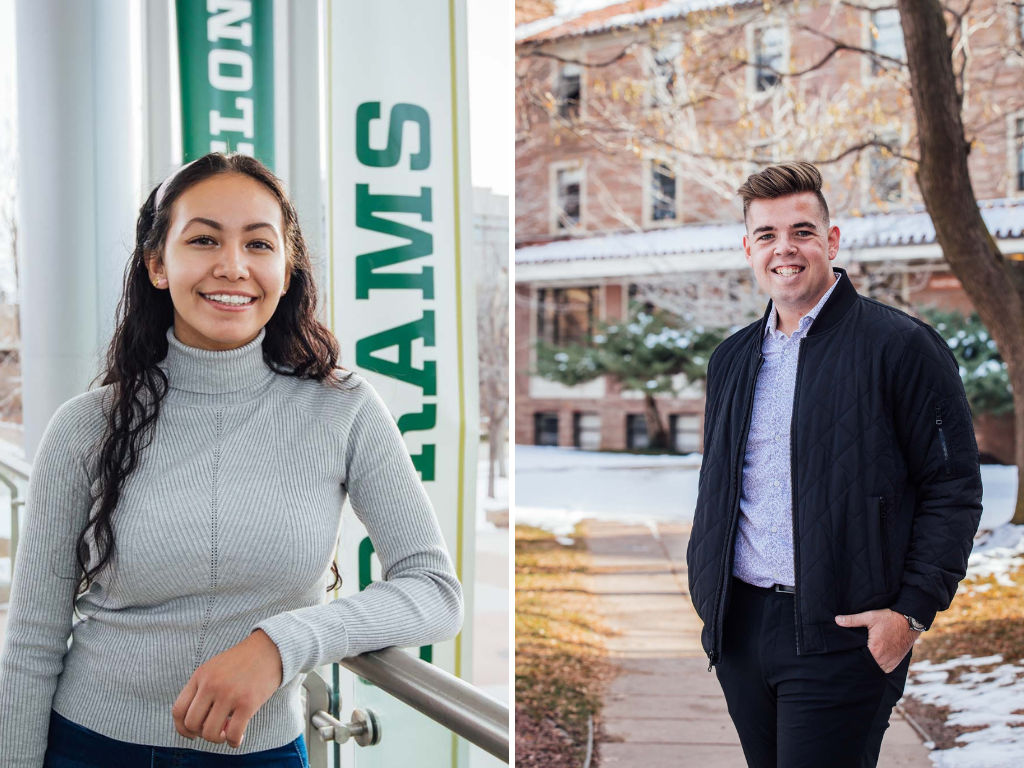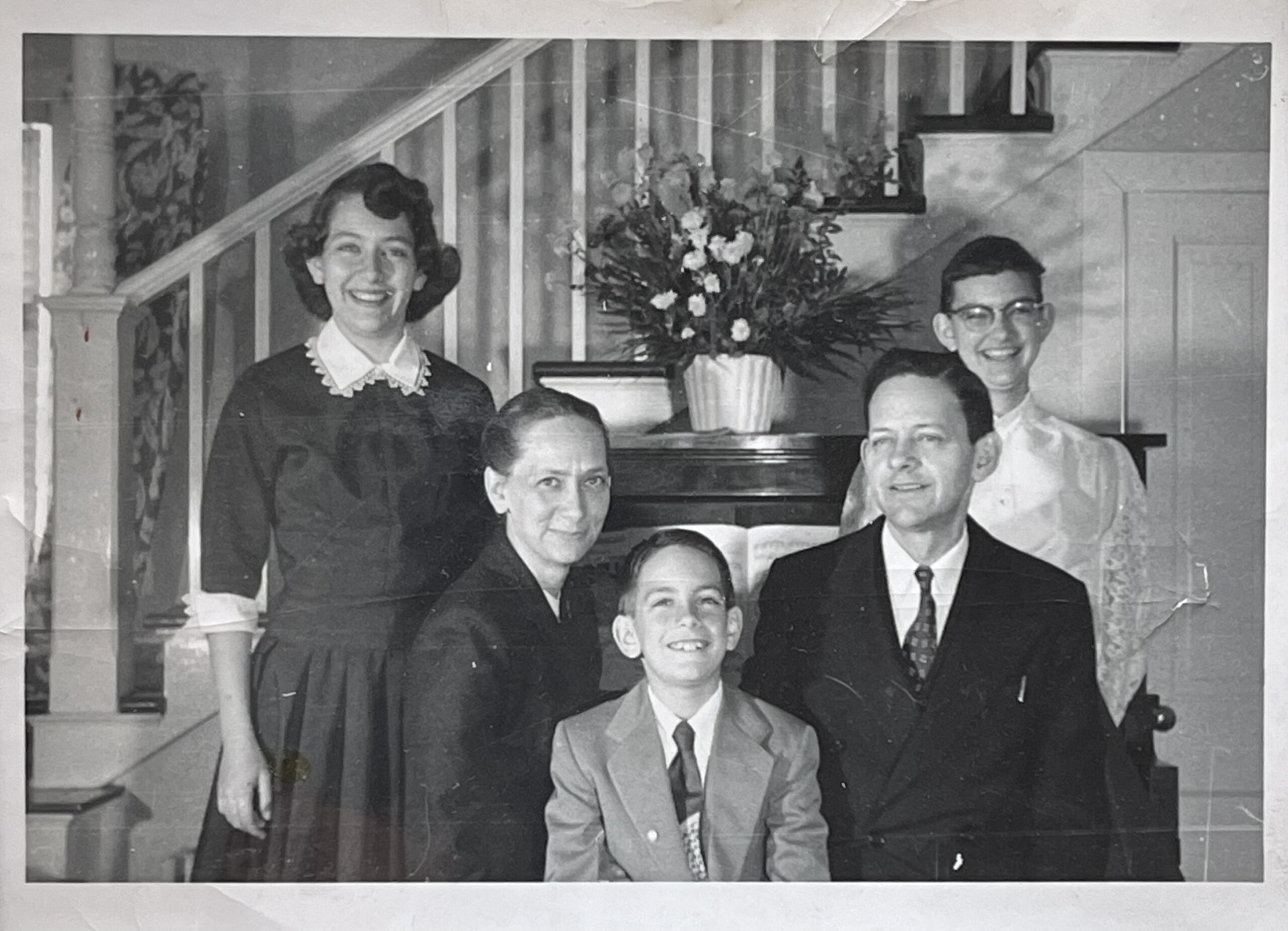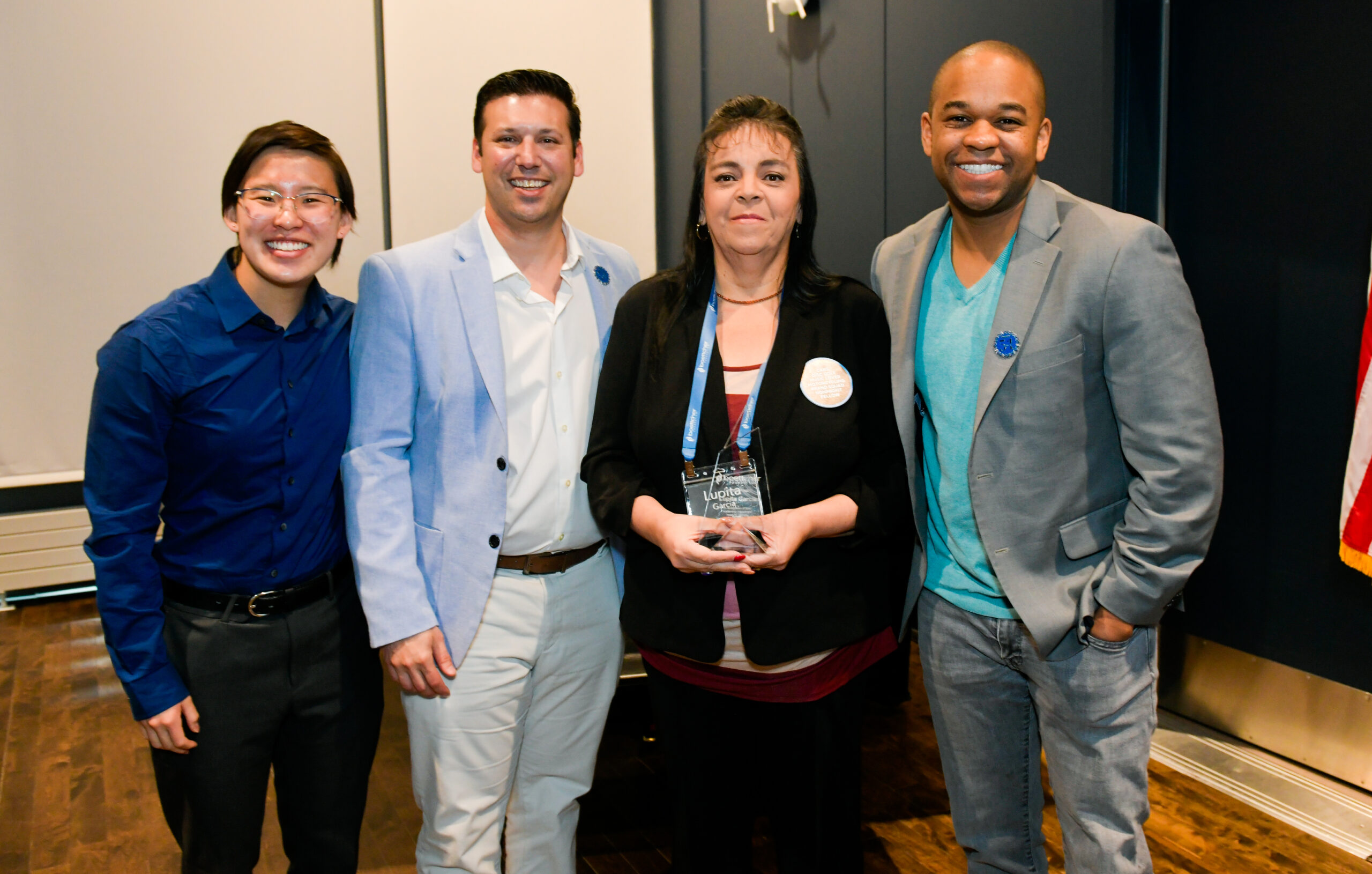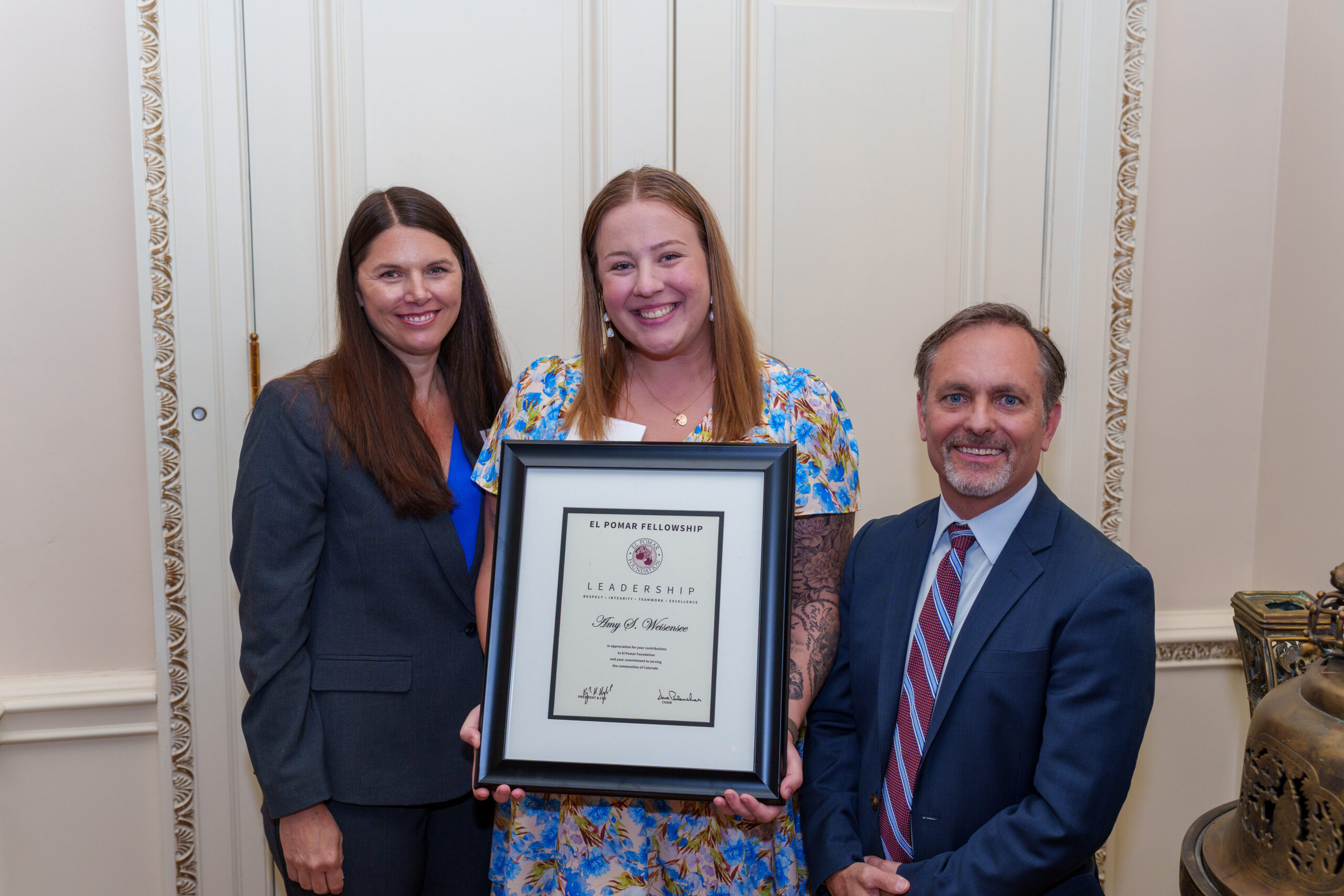It all starts with a large, white envelope in the mail. It’s a moment most Boettcher Scholars have imprinted in their memories – the moment they checked their mailbox to find a letter and a handbook congratulating them on receiving the Boettcher Scholarship.
“I was so surprised I got that packet in the mail. I still think it’s so awesome. I can’t even describe the feeling,” said Andrea Donlucas, a 2022 Scholar who is a sophomore at Colorado State University.
That’s because it’s much more than a packet. It’s an emblem honoring hard work throughout high school, a commitment to lifelong learning and welcome to a community of like-minded individuals.
It was even more than that for Andrea. It was a sigh of relief. As a first-generation college student, the thought of being the first in her family to go to college brought with it feelings of fear, isolation, and crippling debt – until that day she opened the letter.
“I’m so fortunate that I am able to focus on my studies instead of paying off (loans),” she said. “I have more freedom to make mistakes or take extra courses without worrying about finances.”
That’s a feeling 2020 Scholar Colton Huff, who is studying engineering at the University of Colorado Boulder, knows well. “Opening the package and seeing the financial compensation was numbers that my family and I could not even comprehend,” Colton said.
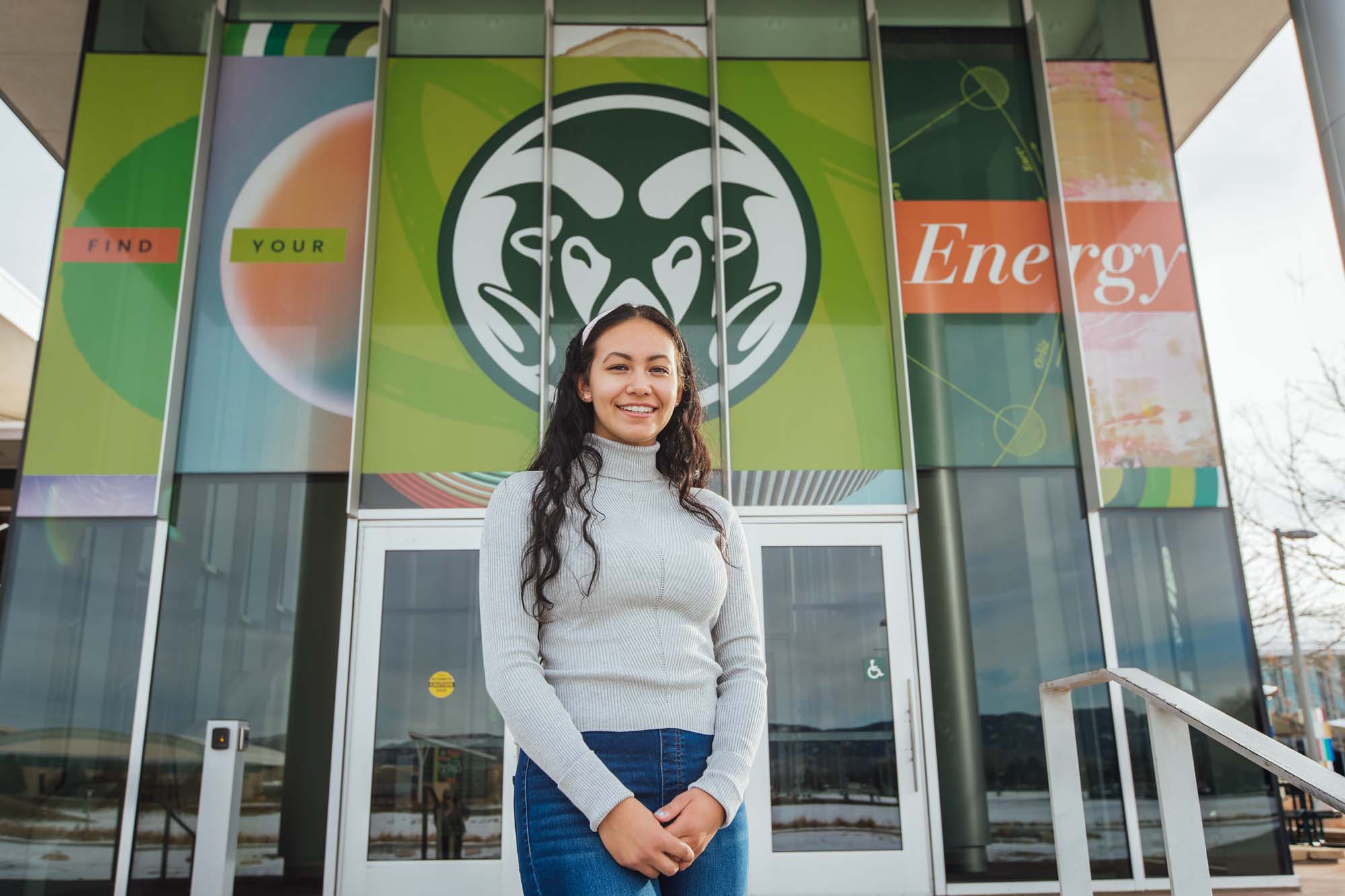
In 2022, multiple national studies revealed that nearly one-third of all college students in the U.S. are first-generation students. Among Boettcher Scholars, about 20% identify as first-generation.
For Colton, the support of his parents, while not direct in navigating the intricacies of higher education, was a constant motivational force.
“My parents,” he reflected, “have become more of my cheer team, urging me to take risks and seize different opportunities. In the toughest moments, they remind me why I’m on this path and the life that awaits me beyond college.”
Navigating this unfamiliar terrain wasn’t just a learning curve for Colton; it was a transformative experience for his parents, too.
“They’ve learned to step back, support, and trust that they’ve equipped me to face new challenges,” he explained. “Their smiles and genuine interest when I share my college experiences show how much pride they take in my journey into this unknown world.”
For Andrea, the backing of her parents was palpable in their unwavering pride and support for her endeavors.
“My parents are incredibly proud of me,” she said. “They listen to my stories about campus life, professors dancing on desks, and my academic achievements. Their cheers of ‘I knew you could do it. You are so smart!’ mean the world to me.”
While the Boettcher Scholarship is merit-based, the financial package is especially significant to students like Andrea and Colton, who are the trailblazers in their families, often among siblings, cousins, and peers.
Being a part of a community of high achievers who care about giving back are important traits of first-gen students, according to Colton and Andrea.
Colton was also admitted to Stanford – his dream university. But ultimately, it’s the extra components of the Boettcher Scholarship – beyond the financial compensation – that kept him in Colorado.
“Being admitted into Stanford and CU made it difficult to make the decision, but the Boettcher Scholar Alumni network and support through college was the big selling point,” said Colton. “The foundation is here to support me and help me perform my best. I get to explore and wonder because I am not concerned about the things that I thought I would be when I first applied for college. I’ve been able to take on internships and research opportunities that were unpaid and choose what I wanted rather than be constrained by needing a paycheck.”

For Andrea, knowing that the Boettcher Alumni network is there for her gives her extra support to be successful in college.
“It’s awesome to know that the foundation is investing in my future,” she said. “They want what’s best for me no matter what path I choose.”
The transition from high school to college can be intimidating, especially for first-generation students who are navigating new experiences almost daily.
“As a first-generation student, you have a lot of dreams of what college is going to look like, but you don’t have practical knowledge of what it actually looks like. You think you’re going to outdo everyone and then college hits hard. You have to learn how to make yourself go to class, the gym and the food hall, and make relationships with professors and mentors,” Colton explained.
One of the hardest challenges for Colton was being able to relate to others in higher education.
“It took two years to feel comfortable talking to professors,” he said. “I’d never talked to anyone with a PhD before or even knew what that really meant.”
Being able to lean on the staff through these and other challenges has made a huge difference.
As their undergraduate careers mark the halfway point and beyond, Andrea and Colton are already thinking about how they can pay the gift of the scholarship forward. Andrea plans to do that as a third-grade teacher.
“I didn’t have my first teacher of color until high school, and I want to be there for kids who don’t see that as often. I want to represent and support future Latinas and first-generation students,” she said.
Colton thinks back to the envelope in the mail. At the time, it was a stamp of approval and a recognition of his achievements. Now as a senior in college, he thinks of it a little differently.
“In high school, Boettcher Scholars just succeed; they don’t fail,” he said. “But in reflection, I’ve learned that failure is a great thing. My advice for future Scholars: as long as you learn from your failures, you learn even more from them than your successes.”
That’s the spirit of Boettcher.

